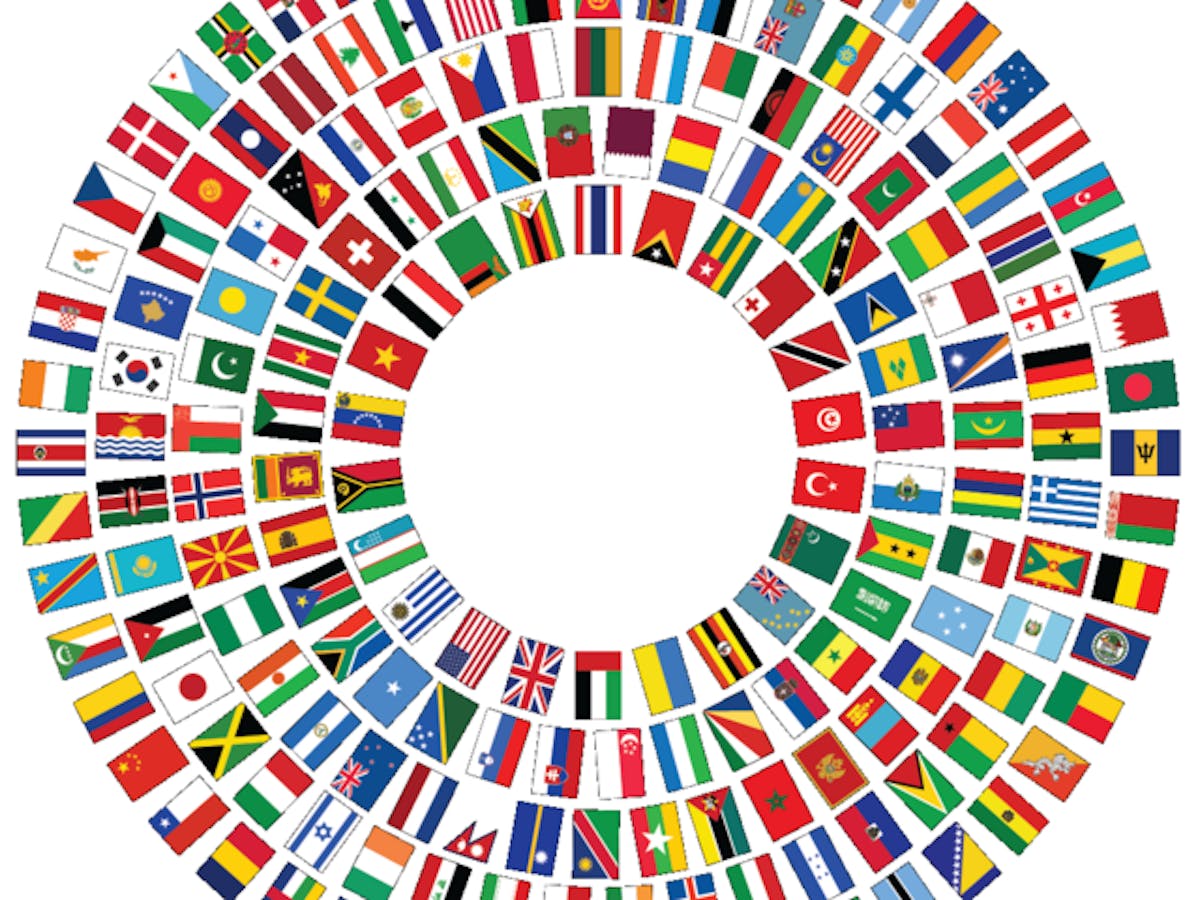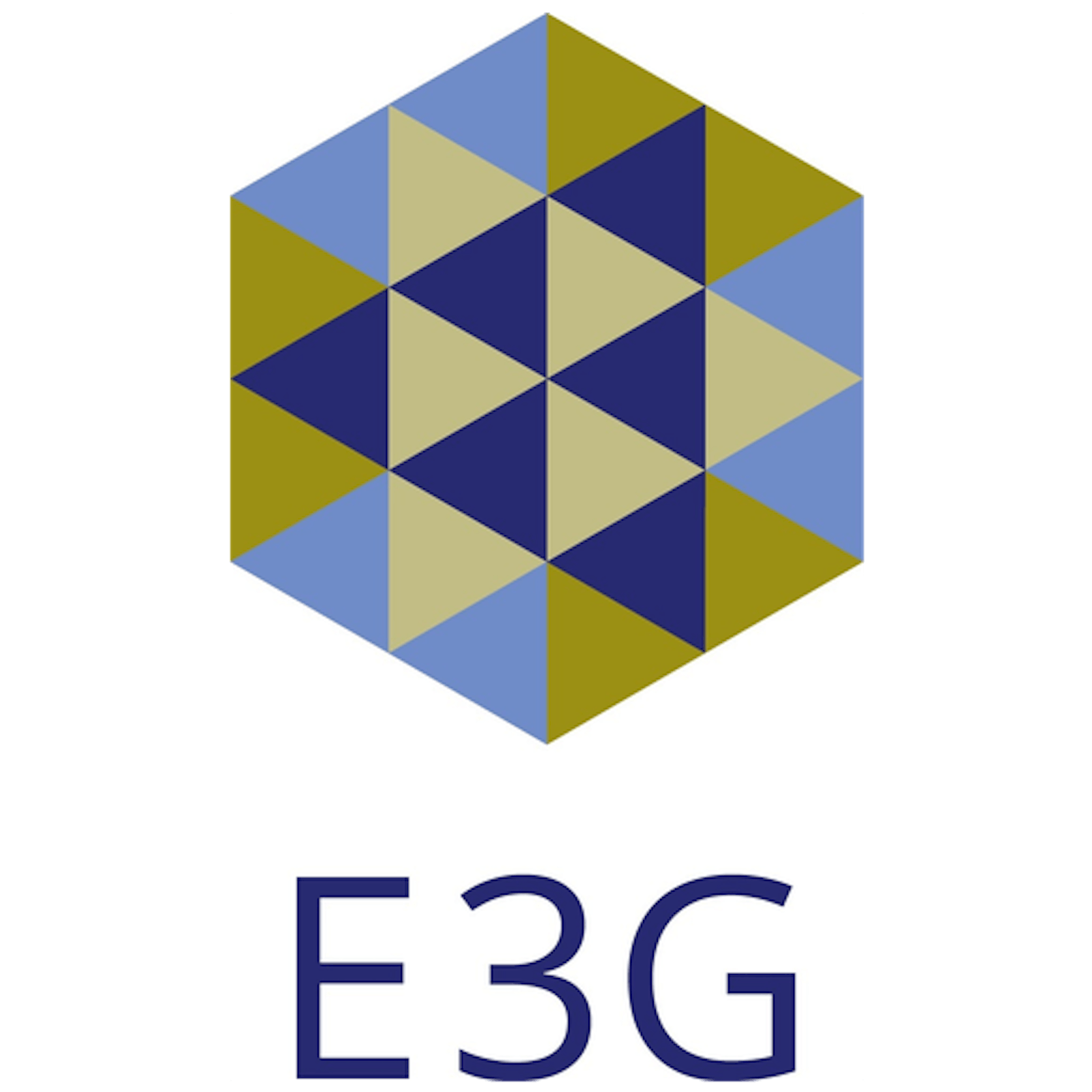18 Oct 2023
- The Development Committee of the World Bank and International Monetary Fund is expected to officially endorse a suite of technical reforms to build a bigger, better development finance system that can meet the twin poverty and climate challenges following their 2023 Annual Meetings in Marrakech, Morocco.
- Countries agreed to develop principles that will enable more low-cost concessional borrowing for global challenges, such as climate change. The World Bank, the IMF and Morocco also last week published new Principles on Global Cooperation, which emphasise resilience and the green transition.
- Reform implementation is now underway, with the Marrakech meetings signalling “the end of the beginning” of the proposal process. While the agreed reforms provide a technical pathway to deliver low-cost finance, however, most countries1 have not yet made or committed to make additional capital contributions that would allow the World Bank to scale its lending. This is a key next step for 2024.
Story
World leaders are recognising that addressing global challenges and country-specific development together will require rewiring the way that EMDEs access funding for economic development. In Marrakech, World Bank and IMF shareholders agreed on new reforms to do just that after months of negotiation, including an updated mandate, disaster debt suspension clauses, and a commitment to develop principles to expand low-cost borrowing. These are considerable strides, but more will be necessary in 2024 from a financial and political standpoint to fund and match the scale of the climate crisis.
Taken together, the changes announced last week will help the World Bank and the IMF respond and adapt to a world economy increasingly affected by external shocks. Capital adequacy reforms should increase the efficiency of the Bank’s balance sheet, and multilateral development bank (MDB) partnerships should enhance coordination and resiliency of the MDB system. For example, World Bank president Ajay Banga alluded to opening up the Multilateral Investment Guarantee Agency (MIGA) to other MDBs to access guarantees and risk insurance, potentially unlocking deal flow in developing countries.
Additionally, the IMF recognised the importance of Africa’s increasingly important role in the global economy by creating a 25th chair at the Executive Board, which reinforces the voice of climate-vulnerable countries. The IMFC called on the Executive Board Directors to draft a potential approach for realigning quota shares to reflect members’ relative positions in the world economy, while protecting the quota shares of the poorest members; this should be presented by June 20252.
The World Bank and Japan also launched a new model for equal partnerships in supporting climate resilient development as part of the net zero transition: the Resilient and Inclusive Supply-chain Enhancement—or RISE—initiative launched with an initial $40 million pledged from Japan, Canada, Italy, Korea, and the UK. If implemented at scale with a country-led partnership approach, RISE could help emerging markets and developing countries leverage their mineral reserves with greater participation in clean technology value chains to create local economic opportunities while also aiming to secure global supply chains for clean technology.
The World Bank Board of Governors spent 2023 debating many proposals in response to calls for a World Bank Evolution Roadmap. The Marrakech meetings marked “the end of the beginning” of that technical process, with reform implementation firmly underway. President Banga committed to continuing work with shareholders on the next steps, involving more political bargaining and sequencing as donor countries grapple with how to recapitalize the World Bank at every level – for example, through IDA replenishment, an IBRD general capital increase, and a voluntary concessional boost for borrowers.
Quotes
Nick Mabey, Co-CEO, E3G said:
“The Marrakech meetings saw real political consensus, and unexpected progress, on radical reforms of the World Bank to meet the twin development and climate crises. Now developed country leaders need to signal that these changes will be backed up by a major capital increase for the Bank next year.”
Dileimy Orozco, Senior Policy Advisor at E3G on IMF and debt said:
“Kristalina Georgieva’s leadership kickstarted a process to make the IMF more effective in responding and adapting to a world economy increasingly affected by external shocks. Shareholders should recognise that Kristalina Georgieva’s actions have ensured the IMF remains relevant in a world more prone to shocks. The extent to which she leaves a long-lasting legacy will be seen in the next year when shareholders start discussing new leadership for 2024 to 2029, a critical five years for both climate and development.”
Danny Scull, Policy Advisor at E3G on the World Bank said:
“Under-the-hood reforms won’t always make the headlines, but World Bank shareholders have worked hard to shift the Bank’s financing and operations to tackle global challenges. Realistically, though, a new mandate will require new resources.”
Laura Sabogal Reyes, Senior Policy Advisor at E3G on MDBs and public banks said:
“The Annual Meetings showed that there is a pressing need for a third-party source of information on MDBs to support shareholders in scrutinising these institutions. We propose an advisory body to help bolster the confidence and governance of these uniquely powerful institutions. This will also help to address the general mistrust between donors and recipients, shareholders and banks.”
Available for comment
Danny Scull (EN), Policy Advisor, (Evolution Roadmap, World Bank Group)
m: +1 (301) 787 0942 | danny.scull@e3g.org
Sima Kammourieh (EN, FR), Programme Lead, (International sustainable finance, financial stability, financial regulation and G20 finance track)
m: +4916095964443 | sima.kammourieh@e3g.org
Dileimy Orozco (EN, ES), Senior Policy Advisor, (Development banks and private finance, green recovery, IFA reforms)
m: +44 7876 301 615 | dile.orozco@e3g.org
Alex Scott (EN), Programme Lead, (Climate diplomacy, climate finance, adaptation finance, road to COP28)
m: +44 7482 750760 | alex.scott@e3g.org
Frank Schroeder (EN, DE), Senior Policy Advisor, (Global transition finance, Global financial reform, Governance of multilateral institutions, private finance mobilization, innovative financial mechanisms)
frank.schroeder@e3g.org
Franklin Steves (EN, FR, ES, RU), Senior Policy Advisor, (Global financial reform, debt burdens, Bridgetown Initiative, climate finance)
m: +44 7484 815 434 | franklin.steves@e3g.org
Laura Sabogal Reyes (EN, ES, DE), Senior Policy Advisor, (MDB climate reform and Paris Agreement alignment and E3G Public Bank Climate Tracker Matrix website)
m: +4916096466368 | laura.sabogal@e3g.org
Notes to Editors
- Germany is the only country that has committed significant additional capital so far.
- https://www.imf.org/en/News/Articles/2023/10/14/pr23353-chairs-statement-forty-eighth-meeting-of-the-imfc
- E3G is an independent climate change think tank with a global outlook. We work on the frontier of the climate landscape, tackling the barriers and advancing the solutions to a safe climate. Our goal is to translate climate politics, economics and policies into action. About – E3G
- For further enquiries email press@e3g.org or phone +44 (0)7783 787 863
- Register for our journalist WhatsApp briefing service E3G WhatsApp registration for journalists – E3G.

